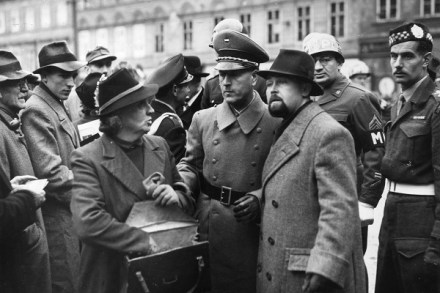TV review: The Secrets of Britain’s Sharia Courts; The Sex Clinic
TelevisionSometimes a television programme raises far bigger questions than it actually gives a platform for, which is the case with Panorama’s The Secrets of Britain’s Sharia Courts (BBC1, Monday). Wedged in this half-hour slot are explosive issues such as the sovereignty of British law, the role of religion in arbitrating on marital disputes, and the
























